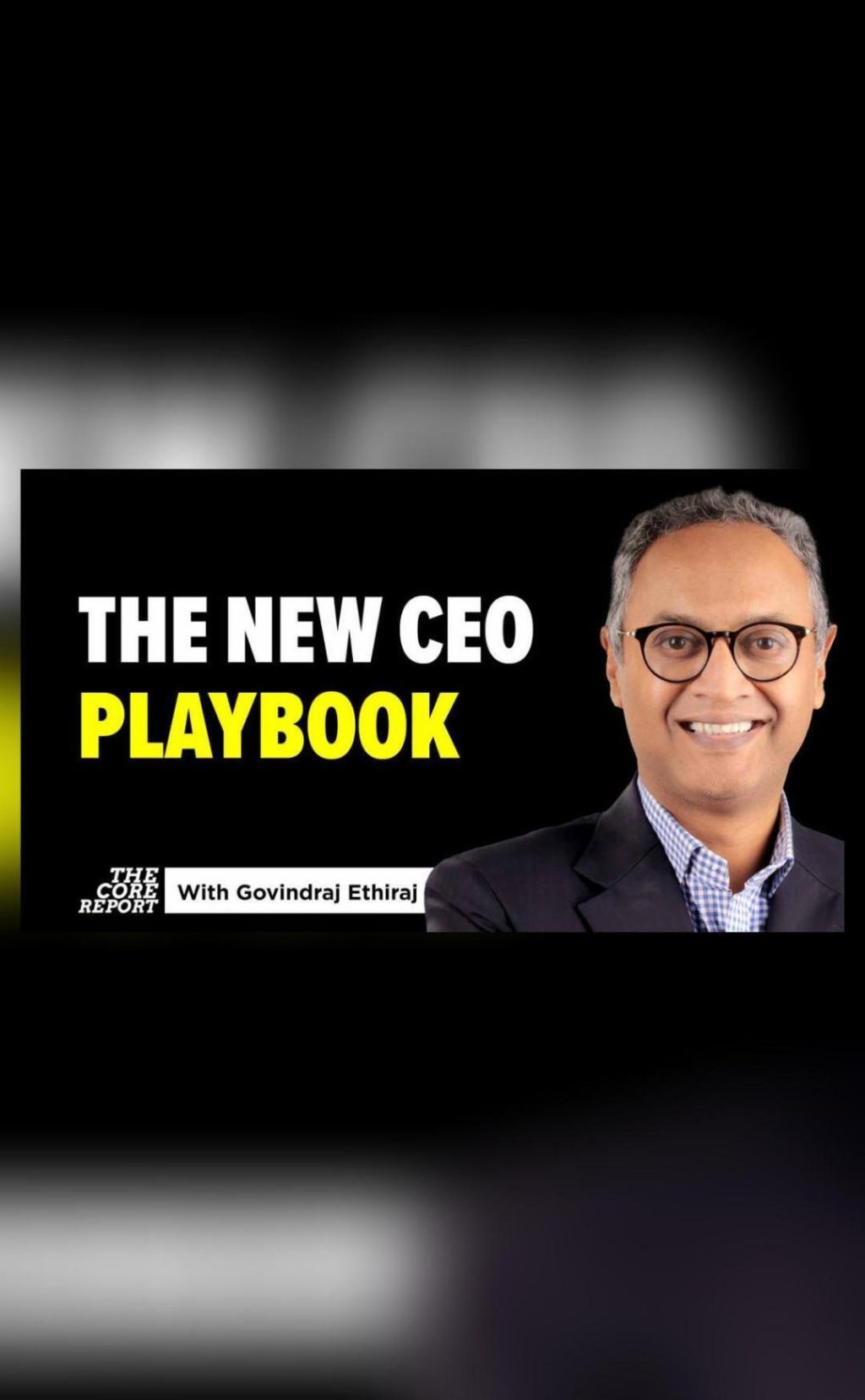
The New CEO Playbook: AI Pressures & Global Tariff Shocks
The world of business is undergoing a seismic shift, and CEOs are at the forefront of this transformation. Artificial Intelligence (AI) is revolutionizing industries, while global tariff shocks are disrupting trade. As a result, CEOs are facing unprecedented challenges that require them to rethink their strategy and operations.
In this blog post, we’ll explore the pressures and shocks that CEOs are facing and provide a playbook for navigating this new landscape.
Internal Pressures: The Need to Automate and Innovate
AI is transforming industries, and CEOs are under pressure to adapt. As AI technology improves, companies are being forced to automate processes, upgrade their technology, and innovate products and services. This requires significant investments in training and upskilling employees, as well as adopting new business models.
The pressure to automate is particularly acute in industries such as manufacturing, finance, and healthcare, where AI can significantly improve efficiency and productivity. However, this also requires CEOs to re-evaluate their workforce and consider the potential impact on jobs.
For example, a recent study found that up to 40% of jobs in the US could be automated by 2030. While this may create new job opportunities, it also requires CEOs to develop strategies for upskilling and reskilling their employees.
External Pressures: Global Tariff Shocks and Shifting Trade Policies
In addition to internal pressures, CEOs are also facing external challenges from global tariff shocks and shifting trade policies. The ongoing trade tensions between the US and China, as well as the UK’s departure from the EU, are creating uncertainty and instability for businesses.
The impact of these tariff shocks is being felt across industries, from manufacturing and agriculture to technology and services. Companies are being forced to adapt to new trade policies, tariffs, and regulations, which requires significant changes to their supply chains, logistics, and pricing strategies.
For example, a recent study found that a 10% tariff on US-China trade could lead to a 2% decline in global GDP. This highlights the need for CEOs to develop strategies for managing risk and adapting to changing trade policies.
The New CEO Playbook: Localize, Adapt, and Reconsider
In response to these pressures and shocks, CEOs are being forced to rethink their strategy and operations. Here are some key takeaways from the new CEO playbook:
- Localize: Companies should focus on localizing their supply chains, manufacturing, and services to reduce reliance on global trade. This requires CEOs to develop strategies for sourcing materials and services from local suppliers, as well as investing in domestic infrastructure.
- Adapt: CEOs must be prepared to adapt to changing trade policies and regulations. This requires developing flexible supply chains, diversifying markets, and investing in research and development to stay ahead of the competition.
- Reconsider: Companies should reconsider their long-held business models and assess whether they are still relevant in the new landscape. This requires CEOs to be willing to challenge conventional wisdom and invest in new technologies, products, and services.
Conclusion
The new CEO playbook is all about navigating the pressures and shocks of AI and global tariff shocks. By localizing, adapting, and reconsidering their strategy and operations, CEOs can position their companies for long-term success in a rapidly changing world.
As AI reshapes industries and tariff shocks disrupt trade, CEOs must be prepared to rethink their approach to business. This requires developing strategies for upskilling and reskilling employees, adapting to changing trade policies, and investing in new technologies and products.
Watch the latest video from Source to learn more about the new CEO playbook and how to navigate the challenges of AI and global tariff shocks.






